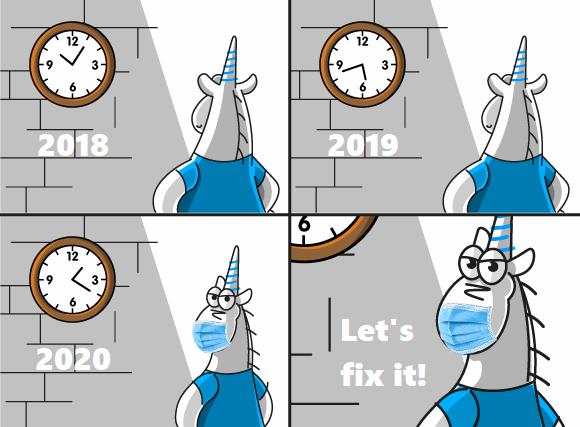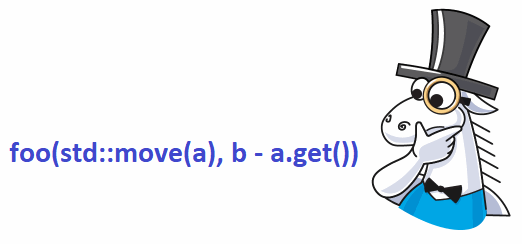One Day in the Life of PVS-Studio Developer, or How I Debugged Diagnostic That Surpassed Three Programmers

Static analyzers' primary aim is to search for errors missed by developers. Recently, the PVS-Studio team again found an interesting example proving the power of static analysis.











